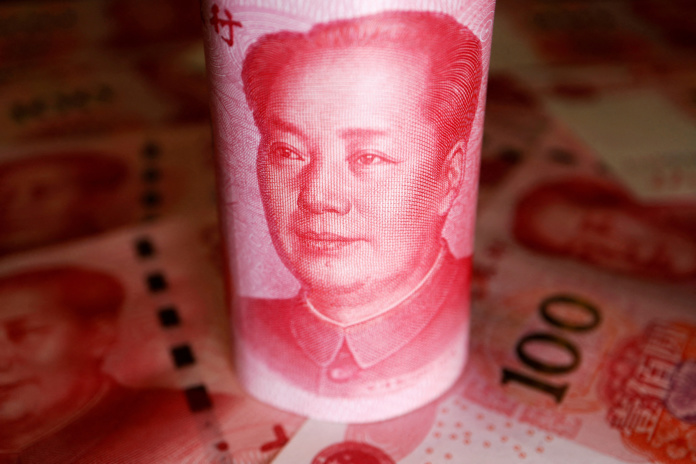By Qi Lyu
China is planning to establish a national financial regulatory administration (NFRA) to oversee the entire financial industry, except for the securities sector.

This article compares China’s proposed regulatory structure with the contemporary UK version.
1. In the UK, the Financial Services Authority (FSA) was removed as the sole prudential and conduct regulator due to its failure to protect the economy during the financial crisis. China is now planning to integrate one.
2. The current UK structure is a two-peaks plus one, comprising mainly of the Prudential Regulation Authority (PRA) and the Financial Conduct Authority (FCA) after the enforcement of the Financial Services Act 2012.
China, on the other hand, divides the entire financial industry into two parts: the security sector and non-security sectors, with the former remaining regulated by the CSRC while the latter will be covered by the planned National Financial Regulation Administration.
3. The UK imposes the responsibility of all institutions and authorized persons on the PRA, with the primary objective of promoting the safety and soundness of PRA authorized persons. In contrast, in China, institutions that engage in regulated activities, apart from the capital market, are subject to authorization by the NFRA, as well as their authorized persons.
4. The FCA is designed to regulate UK banks for their conduct of business, consumer protection, and capital market. In contrast, China’s proposed NFRA will regulate both financial institutions and conduct, except for the security sector, while the consumer protection functions may be integrated with the previous part by the People’s Bank, the CBIRC, and the CSRC.
5. Given the potential regulation overlap between the PRA and FCA, a number of coordination mechanisms have been established, such as the statutory duty to cooperate, the duty to prepare a Memorandum of Understanding, cross-membership of boards, and veto devices for the PRA.
However, the situation in China is currently at the stage where only a framework has been submitted to the national legislature, with no further details disclosed.




















